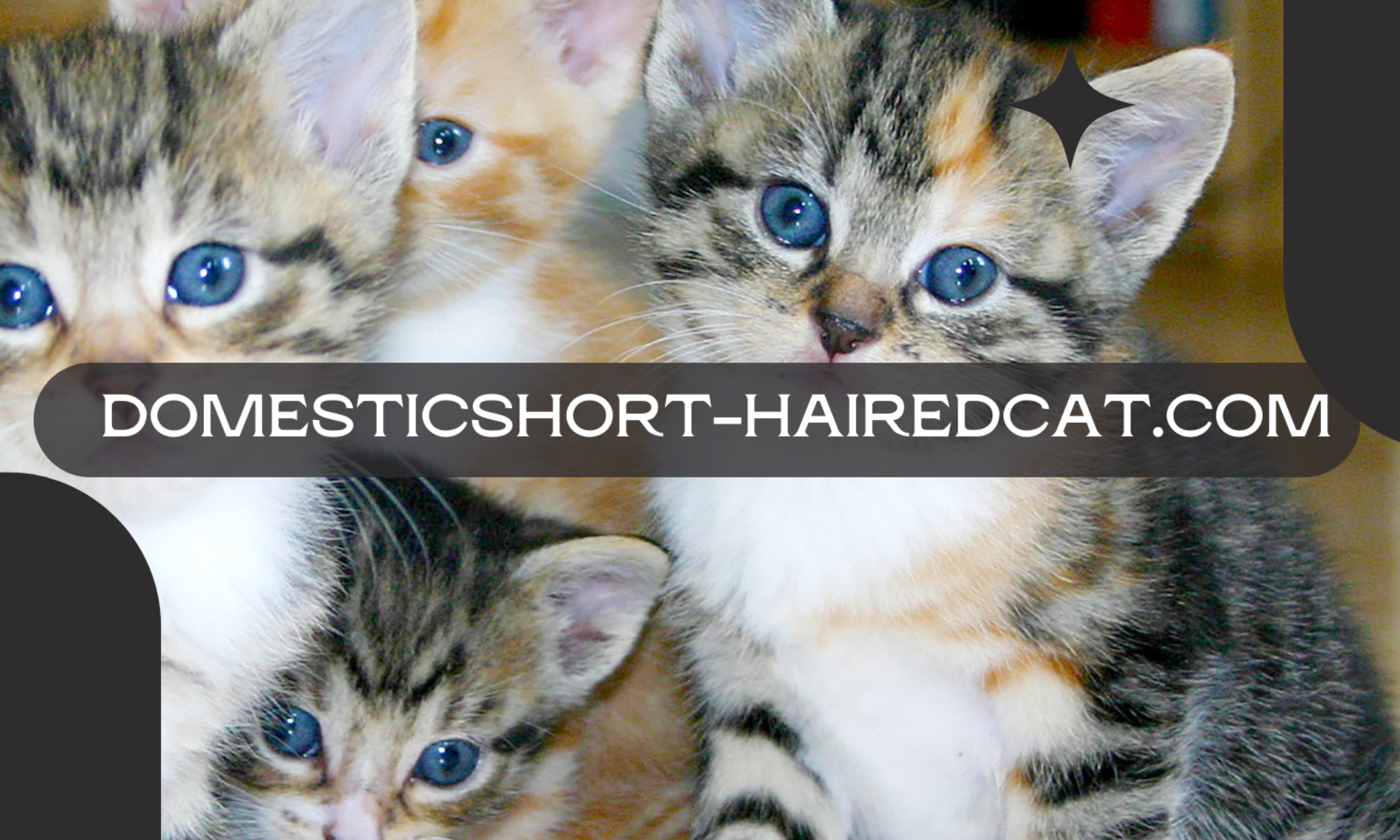If you have a gorgeous Bengal kitty, you may have noticed that your cat meows a lot more than other cats. It’s true that they love a lot of attention and the meowing could be to get your attention for play time or more food but excessive meowing could potentially be a sign of another issue like a medical one.
Constant meowing can be frustrating so it’s important to understand why your sweet feline is doing it.
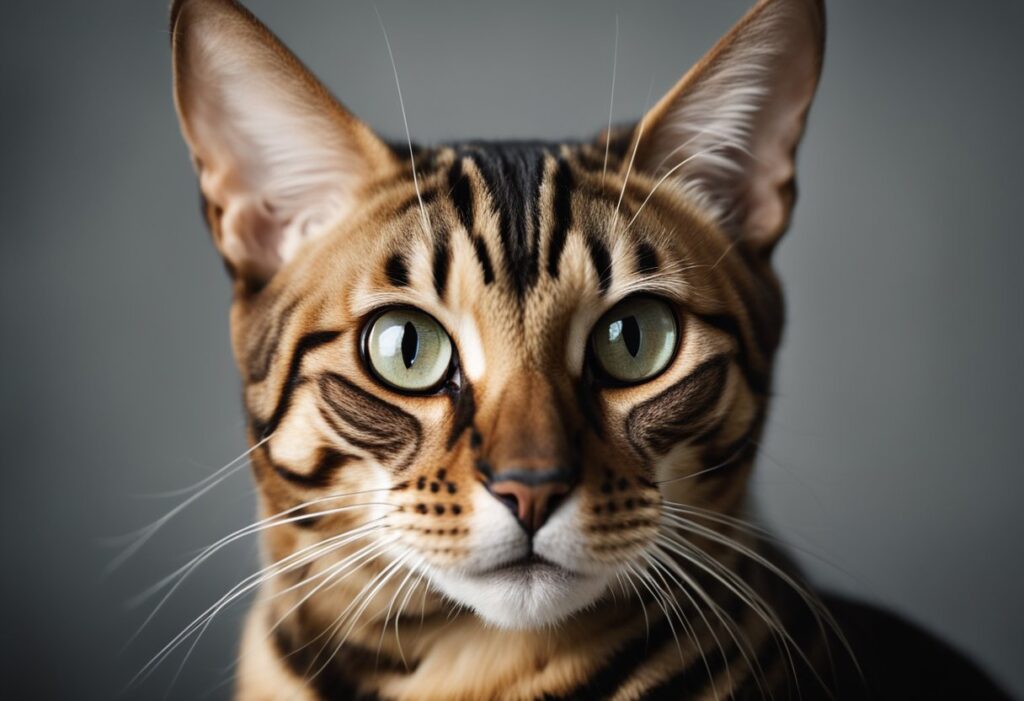
There are several reasons why your Bengal cat may be meowing excessively:
#1. One common reason is hunger. Bengal cats have high metabolisms and require frequent meals throughout the day. If they’re not fed properly, they may become restless and start meowing persistently.
#2. Another reason could be due to medical issues such as urinary tract infections or dental problems. If you suspect that your Bengal cat is meowing excessively due to a medical issue, it’s crucial to take them to the vet for a check-up.
#3. They just want your attention or play time with you!
Understanding Meowing of Bengals: Harmless Musings or More?
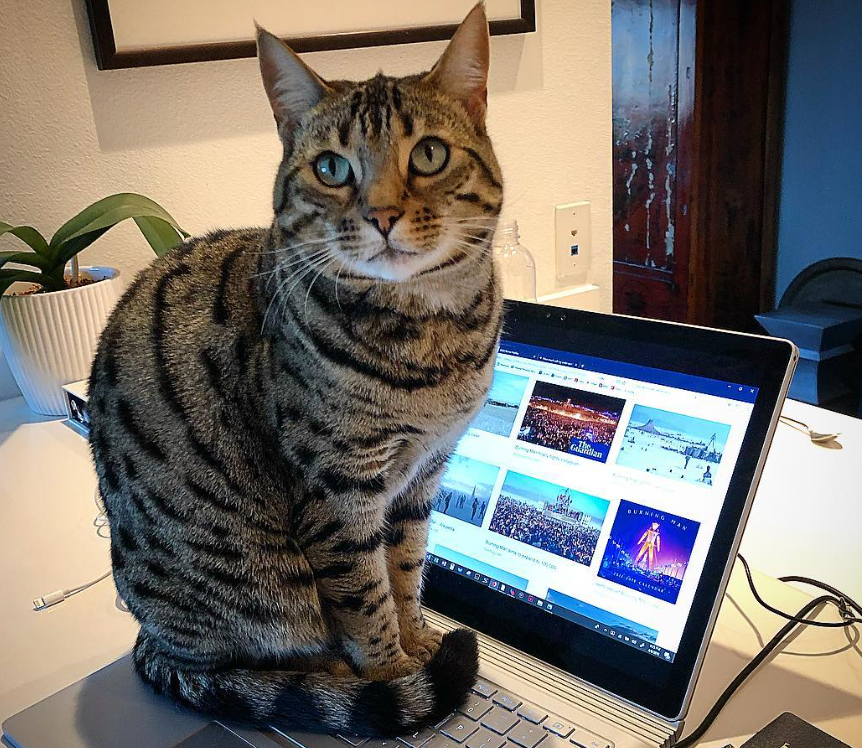
One thing to note is that Bengal cats have some super unique characteristics when it comes to vocalization and the first step is to determine if the meowing is behavioral or something more. Let’s discuss:
1. Breed-Specific Vocalization
Bengal cats are known for their vocal nature. They are a breed that loves to communicate with their owners through sounds such as meows, chirps, and purrs.
According to a Bengal Cat Club article, Bengal cats meow more than other breeds because they are intelligent and have a lot to say. They use a variety of sounds to communicate their needs and emotions. This is also backed up by all the bengal felines I’ve hung out.
That’s great news! These felines are super smart.
2. Communication Needs
Bengal cats are social animals and need to communicate with their owners to feel secure and happy. They meow to get attention, express their needs, and show affection. As a responsible owner, it is important to understand your Bengal cat’s communication needs and respond accordingly.
To ensure that your Bengal cat is not meowing excessively, make sure that they have enough food, water, and playtime. A 21Cats.org article suggests that hunger is one of the main reasons why Bengal cats meow excessively. For this reason, make sure to feed them frequently throughout the day.
Diving Deeper into the Common Reasons for Meowing
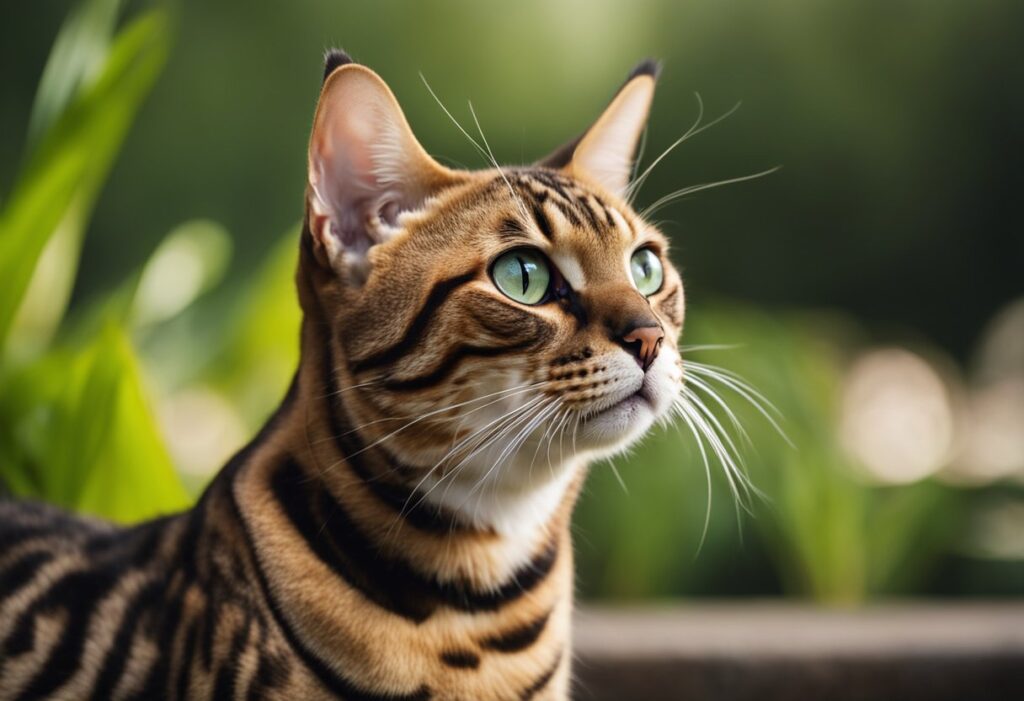
In this section, I will discuss some of the common reasons why Bengal cats meow excessively, but on a much deeper level:
1. Hunger and Thirst
One of the most common reasons why Bengal cats meow excessively is because they are hungry or thirsty. These cats have high metabolisms and require frequent meals throughout the day. If they are not fed properly, they may become restless and start meowing persistently.
Therefore, it is essential to ensure that your Bengal cat has access to fresh food and water at all times.
2. Desire for Attention or Play
Bengal cats are active and social animals, and they need mental stimulation and companionship. If they feel bored or lonely, they may meow excessively to get your attention and affection.
Make sure to spend quality time with your Bengal cat and provide them with toys and activities that stimulate their minds.
3. Health and Discomfort
Another reason why Bengal cats may meow excessively is because of health issues, pain, or discomfort. If your cat is meowing more than usual, it’s essential to check for any signs of illness or injury.
Some common health issues that can cause excessive meowing include urinary tract infections, dental problems, and arthritis. If you suspect that your cat is in pain or discomfort, it’s essential to take them to the vet as soon as possible.
4. Territorial Behavior
One of the most common reasons why Bengal cats meow excessively is because of territorial behavior. As a breed, Bengal cats are known to be very territorial, and they may meow excessively to mark their territory or to warn other cats to stay away. If you have multiple cats in your home, your Bengal cat may be meowing to assert their dominance and to establish their territory.
To address this behavior, provide your Bengal cat with their own space and territory. This can be achieved by providing them with their own litter box, food and water bowls, and a designated sleeping area. By doing so, your Bengal cat will feel more secure and less likely to meow excessively.
When to Consult a Veterinarian
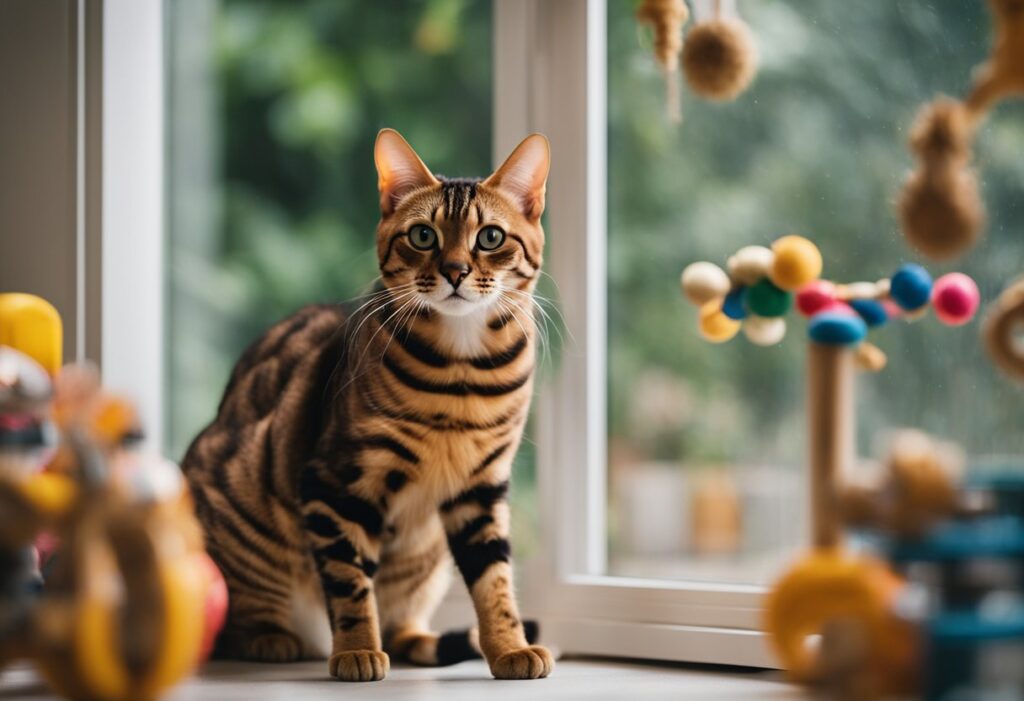
While excessive meowing is often a behavioral issue, it can also be a sign of underlying health problems. Here are some symptoms that indicate your Bengal cat needs medical attention.
Recognizing Symptoms
If your Bengal cat is meowing excessively and also shows any of the following symptoms, it’s time to consult a veterinarian:
- Loss of appetite
- Lethargy
- Vomiting
- Diarrhea
- Weight loss
- Difficulty breathing
- Discharge from eyes or nose
- Changes in behavior or mood
These symptoms may indicate a range of health issues, including infections, allergies, or more severe conditions like cancer or kidney disease. A veterinarian can diagnose the issue and provide the necessary medication or other treatments.
